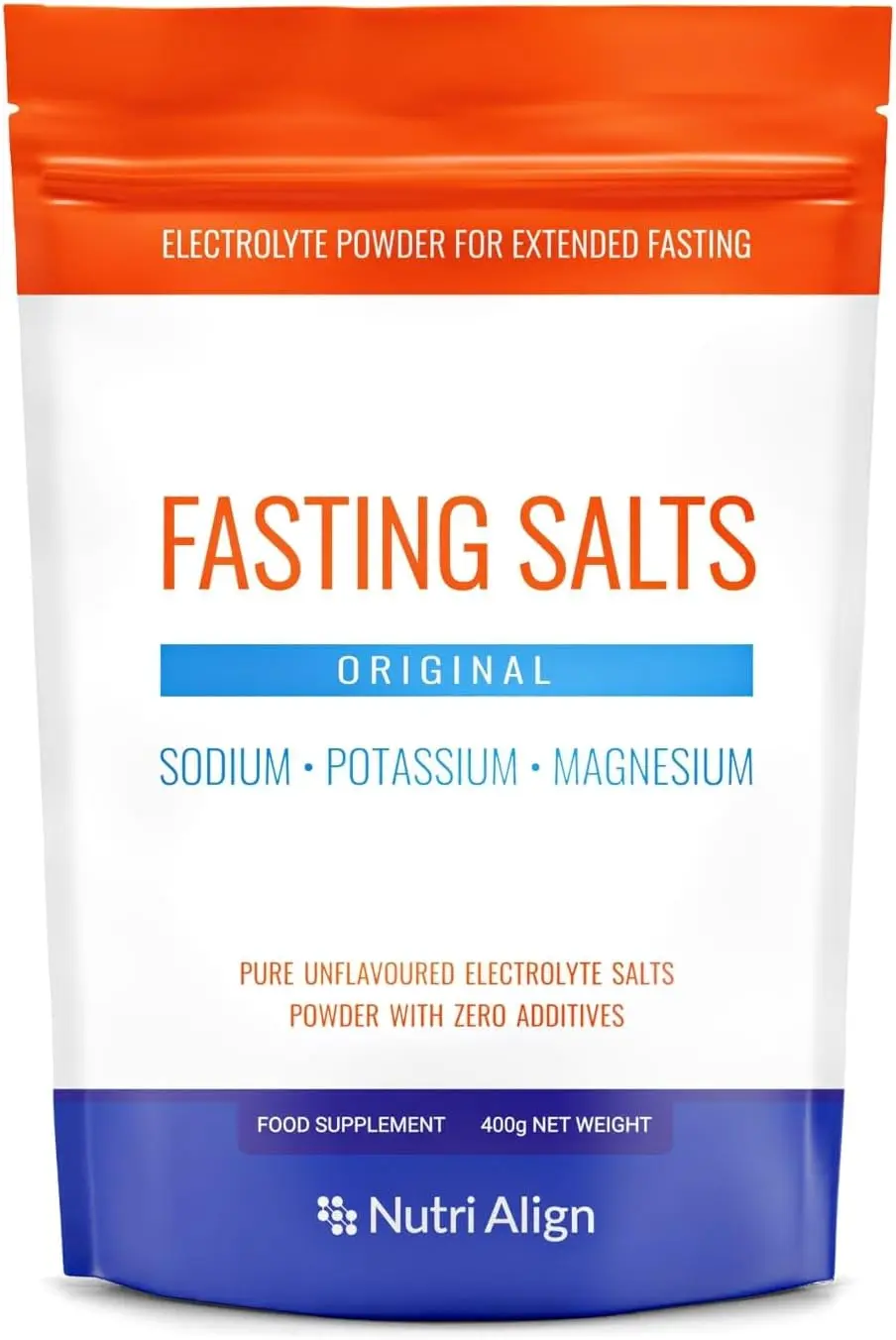Fasting for 100 hours (a little over four days) can have profound effects on your body, including fat loss, autophagy, reduced inflammation, and metabolic improvements. Here's a breakdown of what happens during a 100-hour fast, how to prepare, what you can consume, and the best way to break it.
What Happens During a 100-Hour Fast?
Hours 0-12 – Glycogen Depletion & Insulin Drop
- Your body runs on stored carbohydrates (glycogen).
- Insulin levels drop, signalling the body to start tapping into fat stores.
" The journey begins not with emptiness, but with space. In letting go, you make room for what is yet to come. "

Hours 12-24 – Fat Burning & Ketosis Begins
- Glycogen stores run out, and your body starts using fat for fuel.
- You may enter mild ketosis, where your liver produces ketones for energy.
- Hunger pangs may peak due to the hormone ghrelin but usually pass.
" Observe the hunger, but do not become the hunger. It is simply a visitor, passing through the house of your being. Smile at it, and let it go. "

Hours 24-48 – Deep Ketosis & Autophagy Boost
- Ketones become the primary energy source.
- Autophagy, your body's cellular cleanup process, increases, clearing out damaged cells.
- Inflammation starts decreasing, and growth hormone levels rise.
- Mental clarity often improves, but you may feel weak or cold.
" You are not tired. You are simply shedding an old way of being. The body resists transformation, but the soul knows the way. "

Hours 48-72 – Immune System Regeneration & Fat Adaptation
- Stem cell production ramps up, improving immune function.
- Fat-burning is at its peak, with metabolic flexibility increasing.
- Your gut lining begins repairing, reducing inflammation.
- You might feel euphoric due to increased ketones.
" When the body is silent, the mind becomes clear. And when the mind is clear, you can hear the whispers of eternity. "

Hours 72-100 – Peak Benefits & Hormonal Recalibration
- Insulin sensitivity improves dramatically.
- Human growth hormone is elevated, aiding muscle preservation.
- Your body continues to repair at a cellular level.
- By the end, you might feel highly energised or ready to eat.
" You are not merely fasting from food. You are fasting from distraction, illusion, and attachment. In emptiness, you meet your true self. "

How to Prepare for a 100-Hour Fast
✅ Ease into it: Try shorter fasts first (e.g., 16-24 hours).
✅ Eat nutrient-dense foods: Prioritize protein, healthy fats, and fibre before fasting.
✅ Hydrate well: Drink plenty of water leading up to the fast.
✅ Electrolyte load: Increase salt, potassium, and magnesium intake before starting.
✅ Cut carbs gradually: This reduces withdrawal symptoms.

Fasting Salts
Pure fasting electrolytes - sodium, potassium, and magnesium - and nothing else!
Calibrated precisely for optimal electrolyte balance during intermittent and extended fasting.
Helps to prevent electrolyte deficiency.
No more guesswork or having to buy three separate products and mix them yourself.
What Can You Consume Without Breaking the Fast?
✅ Water (Cold, Warm, or Hot) – Essential for hydration.
✅ Black Coffee – Enhances fat burning and suppresses appetite.
✅ Green or Herbal Tea – Supports digestion and mental clarity.
✅ Electrolytes (No Sugar) – Salt, potassium, and magnesium prevent cramps.
✅ Apple Cider Vinegar (Diluted) – Helps with insulin sensitivity.
✅ Bone Broth (Minimal Calories) – If absolutely necessary, for minerals.
🚫 AVOID: Artificial sweeteners, milk, or anything with significant calories.
How to Break the Fast Properly
🔹 Start Light – Bone broth, fermented foods (kimchi, sauerkraut), or diluted apple cider vinegar.
🔹 Introduce Healthy Fats – Avocado, olive oil, eggs, or nuts.
🔹 Prioritise Protein – Light meats or fish before heavier meals.
🔹 Avoid Sugar & Junk – Your gut is sensitive; avoid high-carb spikes.
First Meal Example:
- Bone broth with a boiled egg and avocado.
- Followed by a small portion of lean protein and greens.
- Wait 2-3 hours before having a full meal.
Final Thoughts
Fasting for 100 hours is a powerful metabolic reset, but it’s crucial to prepare well, hydrate, and break the fast correctly. If done right, you’ll experience enhanced energy, reduced inflammation, and improved insulin sensitivity.